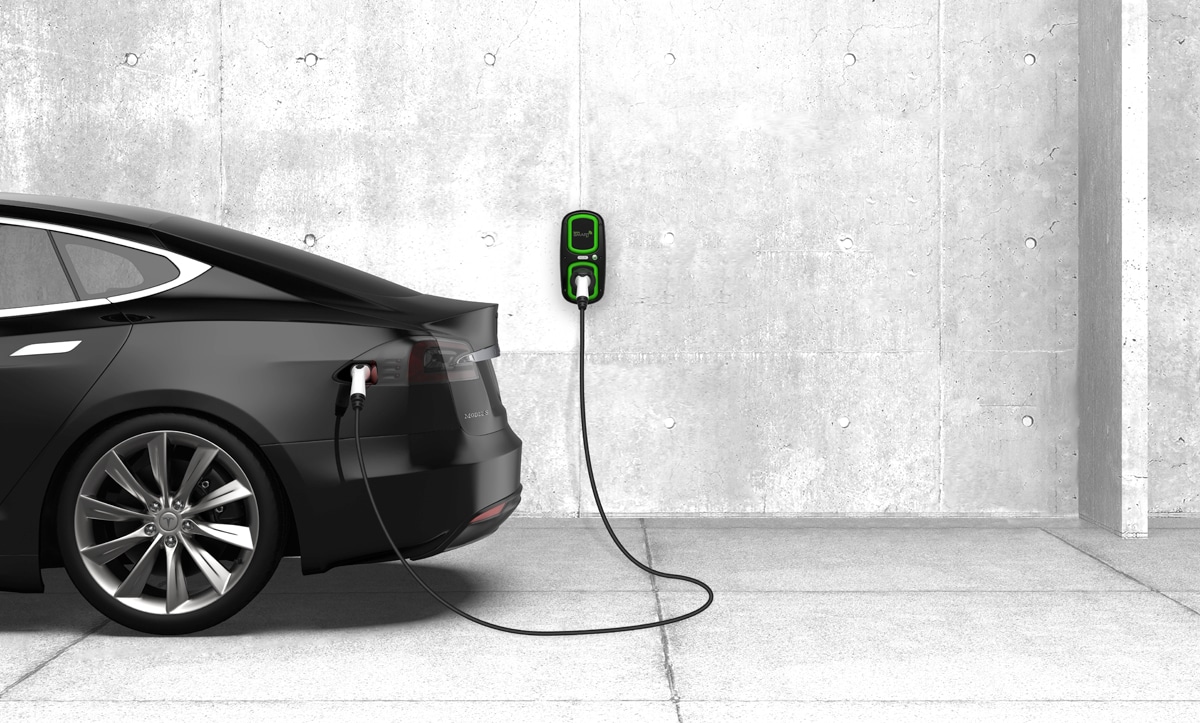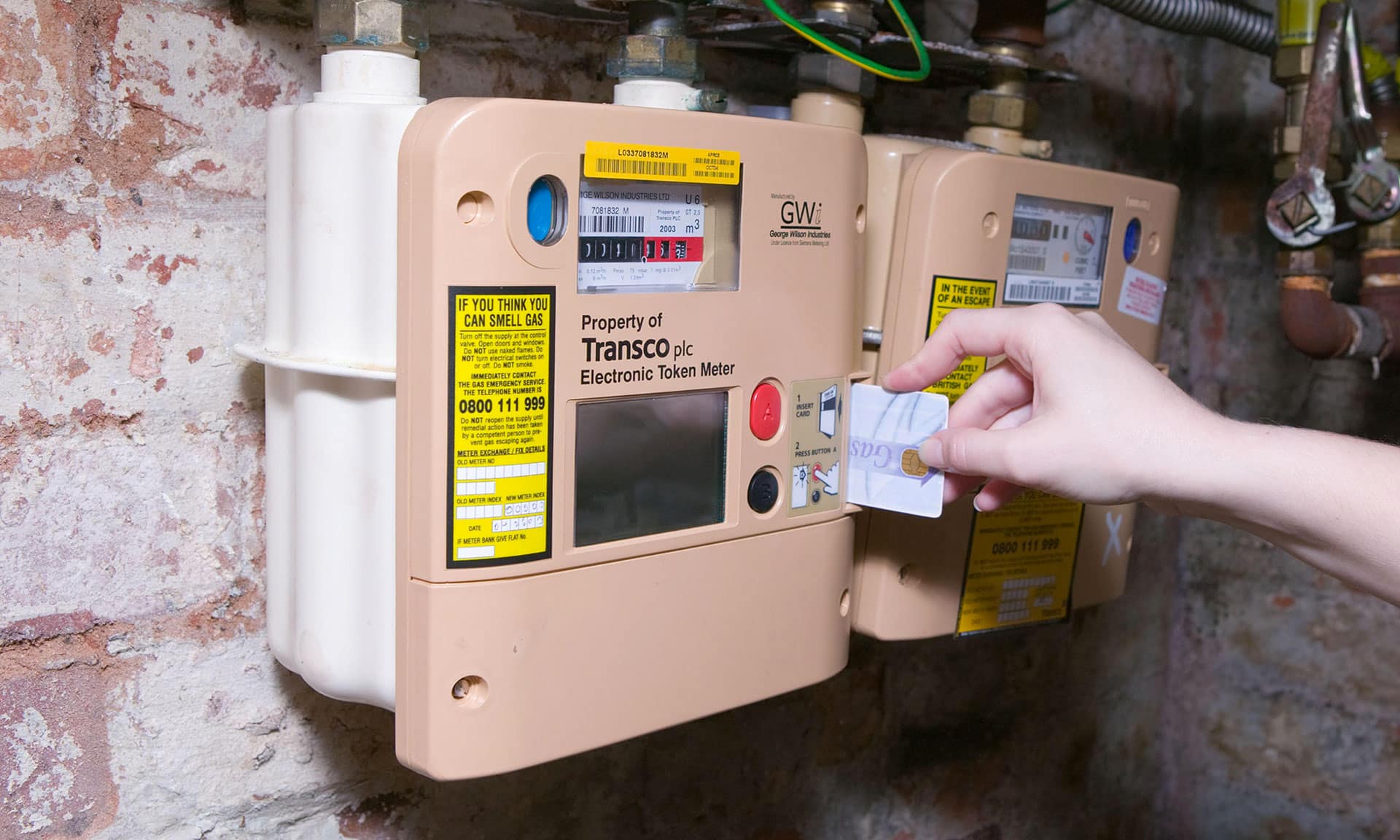During the bank holiday weekend, a reduction in the demand for electricity meant that some electric vehicle (EV) owners were actually paid to charge their cars. The news came on the back of wholesale electricity prices becoming negative as demand plummeted, primarily due to an abundance of renewable energy generation.
Many Octopus Energy customers who own electric cars benefited by making almost £5 for charging during the day and night. The energy supplier said that customers on its ‘Agile’ green tariff who use an Ohme cable or home charger were able to take advantage due to the reduced demand on the National Grid, meaning that some were paid to consume extra electricity. The smart Ohme system allows those who own electric cars to only charge when rates are at their lowest, this includes a negative rate in the scenario above.
To understand how drivers benefited, one Tesla Model 3 owner shared his own personal experience by divulging that he was paid £4.51 to charge his electric car, allowing him to drive in excess of 650 miles from multiple charges. Those paying for fuel in an equivalent petrol car such as a BMW 3-series would have had to pay more than £100 to cover the same distance. Another EV owner shares his own experience, stating he was paid £1.43 to recharge his Jaguar I-Pace with just over 80 kWh of electricity. This saved him an estimated £34 when compared to a petrol equivalent, allowing him to drive over 200 miles.
Octopus’ ‘Agile’ energy tariff bills customers based on wholesale electricity prices, allowing them to benefit when prices are reduced and excess power is readily available. Negative prices have been a recurring theme during the coronavirus pandemic while many businesses remain shut during lockdown. Warm and windy weather in the past few months meant that solar and wind energy produced more power than what was actually required. As an example, prices turned negative for more than 12 hours on Saturday 23 May, this led to EV drivers being paid 11p for every kWh they consumed.
Drivers can make the most of Ohme’s smart charging technology when the price of electricity drops. David Watson, CEO and founder of Ohme stated that: ‘Smart charging is obviously great news for EV drivers, reducing the total cost of owning an EV significantly by passing on energy cost savings.
‘As well as being a more efficient cleaner mode of transport, EVs will have a profound positive impact on the grid, unlocking value by cheaply shifting demand to times where there is an excess of renewable energy on the system.’
The CEO of Octopus Electric Vehicles, Fiona Howarth added: ‘Electric cars can save drivers up to 90 per cent fuel saving normally, but this weekend we even saw drivers getting paid to fill up as Octopus Energy’s Agile tariff prices dropped below zero for a few hours – saving some drivers up to £85.
‘Even better, drivers with smart tech like the Ohme cable were able to seamlessly take advantage of the negative prices without having to think about when to start and stop their charging – it just happened automatically – a great snapshot of a smart, green future.’
While being paid to charge an electric vehicle may only be temporary, it does still highlight how owners of these cars may benefit in the future as renewable energy projects grow in size and scope, becoming more efficient. While the cost of these cars has come down as manufacturing processes improve, a robust charging infrastructure is still needed throughout the UK to convince those who may still be undecided.





